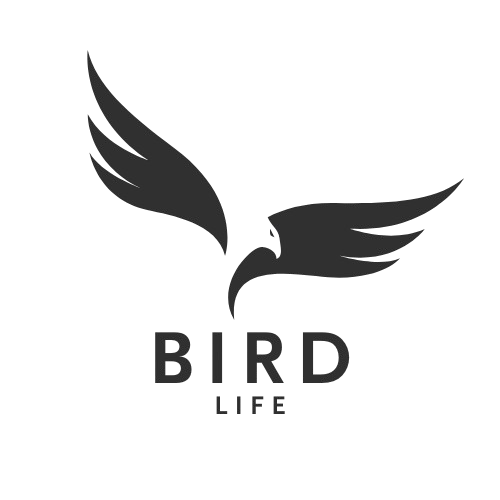Shiny Objects: Mirrors in the Sky
Glimmering surfaces like CDs, aluminum foil, or even car mirrors can send birds into a tailspin—literally. Birds see these reflections as sudden flashes or looming threats, making them nervous to stick around. This is why gardeners sometimes hang old CDs in fruit trees. It’s not just about style—those flashes are like ghost stories for sparrows!
Predator Silhouettes: Shadowy Fears
Ever noticed an owl statue perched on a roof? Birds sure do, and it scares them silly. Even fake hawks or plastic snakes can keep flocks far away. From a bird’s-eye view, these shapes scream danger. In fact, some species can even recognize the outline of a hawk mid-flight and scatter before it gets close.
Sudden Movements: The Jumpy Heartbeat
Picture a garden wind spinner, flapping flag, or even a swaying child’s swing. To us, it’s a gentle breeze; to birds, it’s a looming threat that could pounce at any moment. Birds’ survival instincts are on high alert for anything unpredictable—one wrong flutter and they’ll take off like popcorn in a hot pan!
Loud Noises: Nature’s Alarm Clock
It’s not just fireworks and thunderstorms. Everyday clatters—like banging pots, barking dogs, or revving engines—can turn a peaceful backyard into a panic zone for birds. Their hearing is super sensitive; what sounds like a dull thud to us can be a siren call to flee for their lives.
Reflective Windows: The Invisible Wall
Those crystal-clear windows you scrubbed so hard? Birds can’t see them. Instead, they see sky or trees reflected, get confused, and sometimes avoid the area altogether. Worse, if they do try to fly through, it can end in disaster. Some homeowners put decals on windows to help our feathered friends steer clear.
Bright Colors: Warning Signs in Nature
You might love that neon patio furniture, but some birds find bright, unnatural colors suspicious. In the wild, vivid hues often mean “danger—poison!” or “keep away.” So, a flamingo-pink garden gnome could be sending the wrong message to your backyard finches.
Unfamiliar Smells: Scents That Offend

Birds have surprisingly sensitive beaks—some can smell changes in their environment. Strong scents like peppermint oil, vinegar, or even perfumes can make them wary. If you’ve ever tried a homemade repellent spray, you might have turned your bird feeder into a no-fly zone without knowing it.
Open Spaces: Nowhere to Hide
Wide, empty lawns might look inviting to people, but birds see danger with no escape. Without shrubs, trees, or even a fence, small birds feel exposed to predators from above. It’s like standing in the middle of a football field with nowhere to run—no thanks, says the chickadee!
Plastic Netting: The Hidden Trap

Gardeners use plastic netting to protect plants, but to birds, it’s a nearly invisible web of doom. Many birds spot it in time and steer clear, but some get caught, leading to panic for both bird and human. Even the mere sight can make your yard seem like a hazardous obstacle course.
